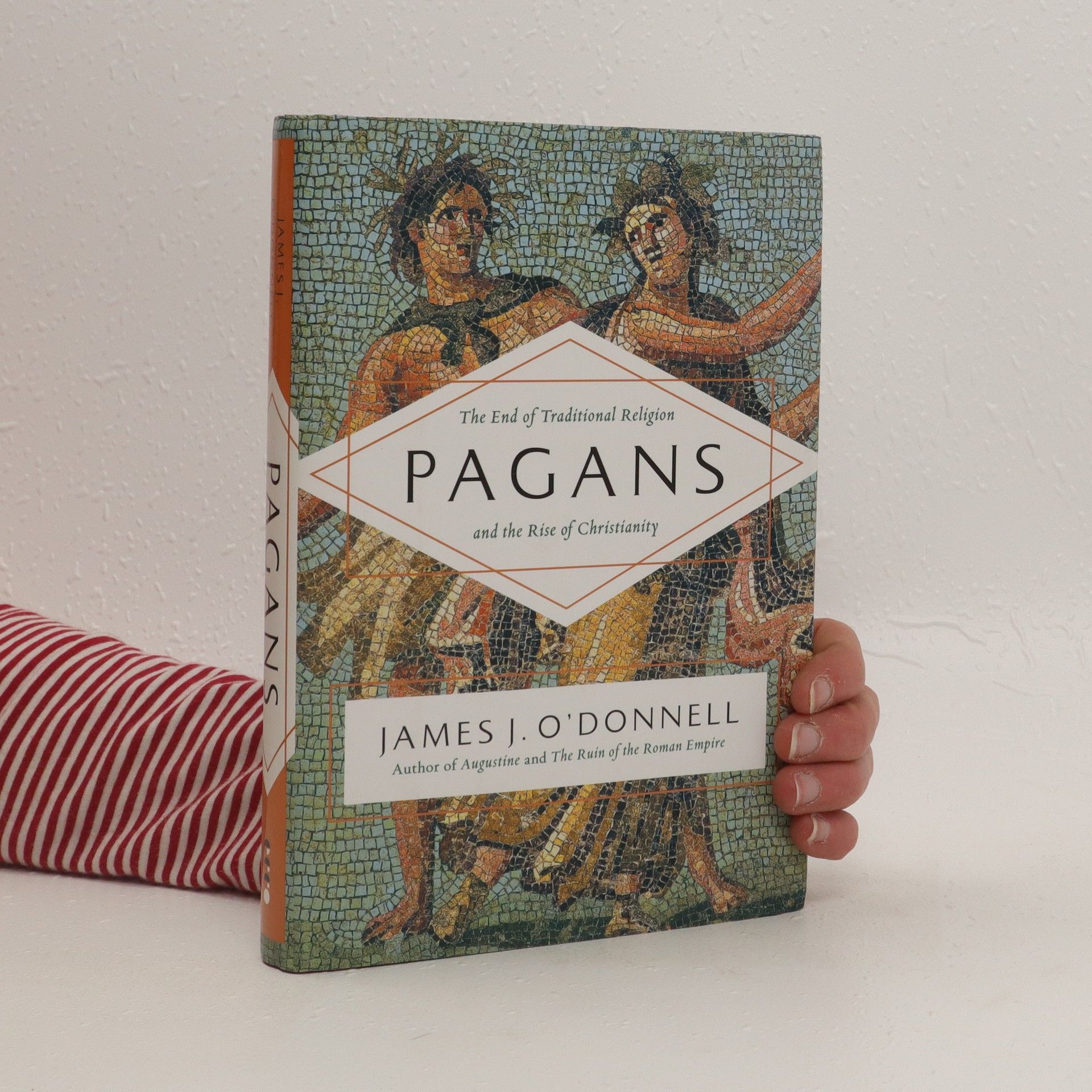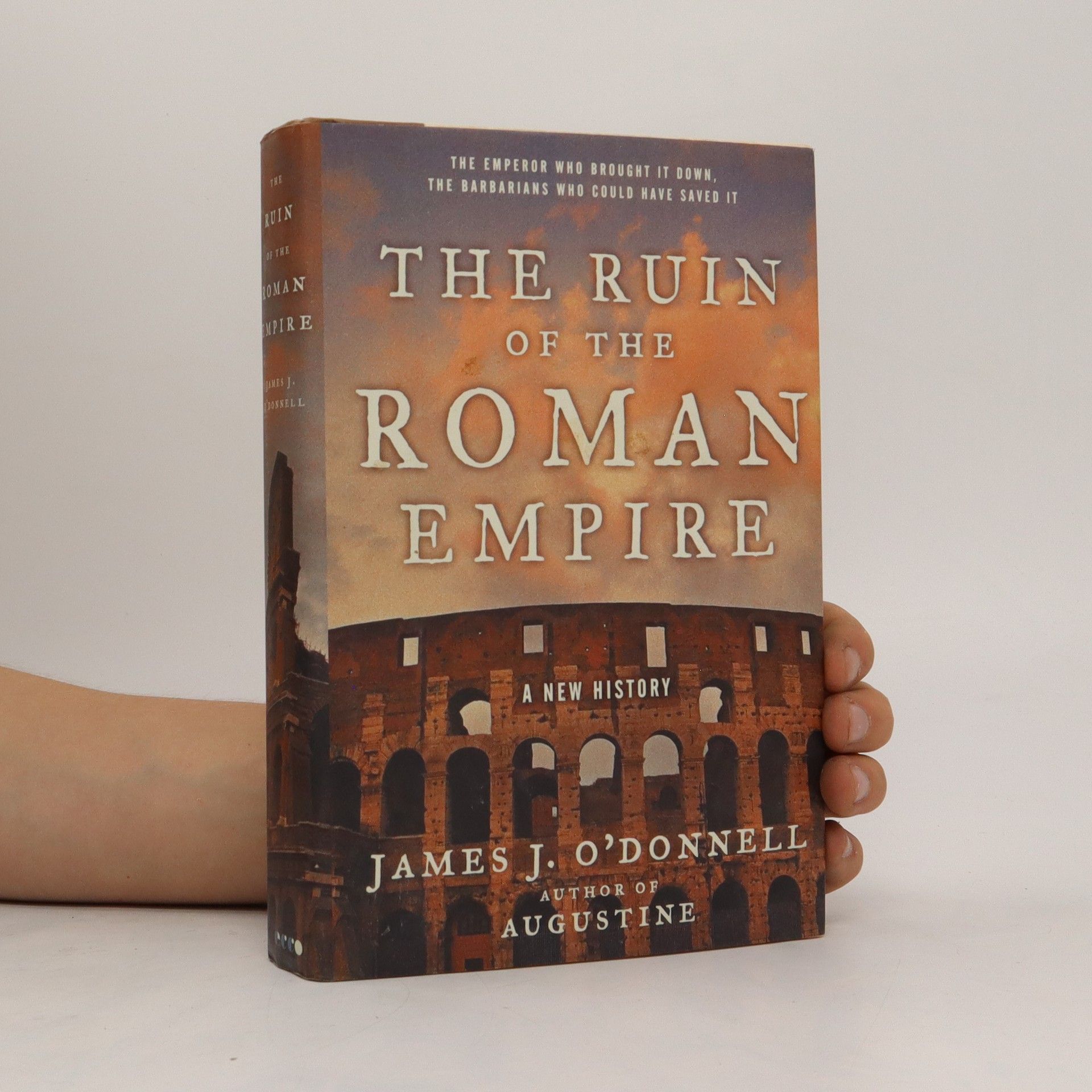The Ruin of the Roman Empire
- 436 páginas
- 16 horas de lectura
Recounts the sixth-century events and circumstances that led to the fall of the Roman Empire.
James Joseph O'Donnell es un destacado erudito clásico cuyo trabajo profundiza en el Imperio Romano tardío y los escritos de Agustín de Hipona. Como bibliotecario universitario y antiguo profesor universitario, explora profundamente la intersección de la erudición clásica con la tecnología de la información moderna. Su adopción temprana de la World Wide Web para la colaboración académica en humanidades resalta su enfoque innovador en la difusión del conocimiento. O'Donnell aporta una perspectiva única a su escritura, fusionando la profundidad histórica con una visión de futuro del panorama académico.


Recounts the sixth-century events and circumstances that led to the fall of the Roman Empire.
This provocative religious history examines the rise of Christianity from the perspective of traditional religions, focusing on those whose lives were disrupted by what they perceived as a powerful cult. The "pagans" in question—devout Greeks, Romans, Syrians, and Gauls—cherished their ancestral traditions and viewed Christians, who worshipped a single deity, as immoral atheists. Religious scholar James J. O’Donnell guides readers through the Ancient Roman world up to the fourth century CE, a time when diverse Romans faced constraints imposed by rulers favoring a new god. While some embraced Christianity, others dismissed it as a mere trend. O’Donnell vividly depicts various pagan rites and essential aspects of Roman life, presenting fresh insights into historical figures like Constantine, Julian, and Augustine. He delves into significant themes such as Rome versus the East, civilization versus barbarism, plurality versus unity, and the tension between rich and poor, as well as tradition versus innovation. This account challenges conventional narratives and offers a lively exploration of a transformative period in history.